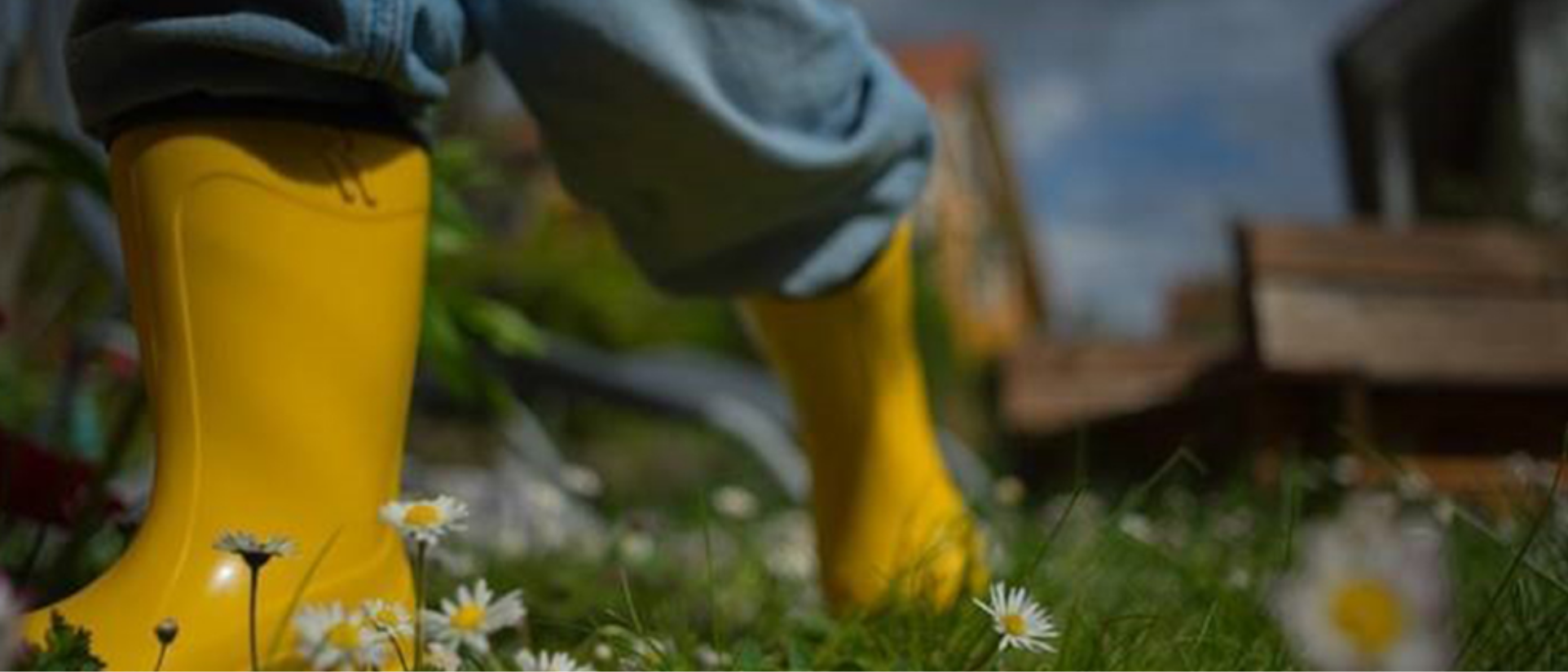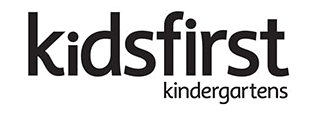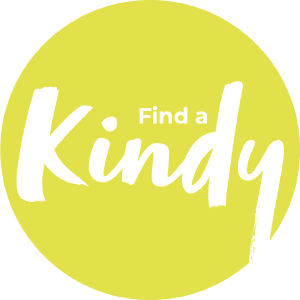
Getting kids out of the house and into the garden...
Although much has changed over the years, kindergarten’s connection to nature is as strong as ever - and it’s never been more important that our children grow up feeling a sense of connection to, and respect for, the natural world around them, it is important at a sociological level, too.
The word Kindergarten - German in origin - literally translates to ‘children’s garden’. Although many people now use the word as a catch-all for all kinds of early-childhood education, kindergarten has always had a unique philosophy all of its own.
Kindergarten’s founder, Frederick Froebel (1782 - 1852), wanted to create “both a garden for children, a location where they can observe and interact with nature, and also a garden of children, where they themselves can grow and develop.”
Over the years, researchers and educators have discovered that Froebel had a lot right; children really do learn better when it’s done at their own pace and through their own interests. Nature also has a big role to play in fostering creativity, resilience and health, amongst other things.
Aotearoa, New Zealand - and especially our home Te Waipounamu, The South Island, is renowned for its wide open spaces, untouched native forests and relative sparsity of population. Almost four million people make their way to our shores each year, with our outdoor activities and natural environments being the major drawcard for many.
Our tamariki are fortunate to grow up with access to nature and the activities that many of their global counterparts can find only in photos, movies or TV shows. We are also still predominantly the "land of the quarter acre section" even in our cities and suburbs, giving many children wide open spaces of their own for exploration, imagination and creativity.
Kiwi to the core and with the kindergarten philosophy as our foundation, Kidsfirst places a great deal of value in the Great Big Backyards that are such a drawcard to its services. The more high-tech the world becomes, the more parents gravitate towards balance - we still want our children to be able to grow up with grass under their feet, with trees for shade, puddles to jump in and mud to mess with.
Our Big Backyards are more than just places to play and learn - they’re the perfect antidote to screen time. They are also the very best place to gain life skills and grow a love of, and respect for, nature. The concept of kaitiakitanga (guardianship) for the sky, sea and land, comes alive in kindergarten & early learning centres backyards; fresh fruit and vegetables take on a different meaning when children have had a hand in growing them, and coming back to basics and cooking nourishing food from scratch provides reminders around self-sufficiency and healthy habits- and of course showing manaakitanga (caring and hospitality) by sharing kai with others.
Gardening is fun too! Providing two key things children love; the opportunity to help and a place to literally get their hands dirty
Nicola Brown, teacher at Kidsfirst Cromwell, came to the kindergarten as a relieving teacher and never left. She was captured by the warmth, friendliness and sense of community families had created there, and captivated by its large outdoor space, full of established trees and plantings but still ripe with opportunity.
“I’m a gardener, and as soon as I saw the garden and all the climbing things, I thought hmmm...I really like it here. As soon as I started, I got into it with the children.”
Gardening with 2-5 year olds is neither for the faint-hearted nor those with rigid timelines or plans
Children will get wet and muddy, their attention will stray away from the task at hand and towards whole new lines of exploration, and they’re not the most patient beings on the planet.
The secret, Nicola says, is to go with the flow.
“Anything goes, really, and I’m keen on the children leading it. We’ll plant lots of things, and whether we eat them or not doesn’t matter, the children take so much more out of interactions with nature.”
The impact has gone way beyond the kindergarten gates, and gardening has been the foundation for deep and enduring connections.
“It has snowballed as children’s enthusiasm is taken home with them and sparks something new for families who might not otherwise have given it a go. Gardening has become a family interest - before you know it, the children are coming in and saying ‘we’re growing these at home, too’."
“We had one family that got right into it and was bringing kale in every morning for kale chips. Her daughter has now gone off to school, but she still brings it in.”
Nicola is a firm believer in the benefits of gently leading children to expand on their own interests and discoveries and using every-day opportunities to spark some profound conversations.
“There’s so much learning in nature for children and it’s fantastic where they take things. This morning, for example, they were excited to find an ear-wig. The discovery is one thing, but it’s not just about the insect. It’s about having the opportunity to talk about how this is a living being, and no matter how big or small, all beings have a place and a purpose.”
Kindergarten’s belief that children learn best when they learn at their own pace, with guidance from trained teachers, means the structure of any given day unfolds without an agenda. More often than not at Kidsfirst Cromwell, the children gravitate towards outdoor activities.
“We’re right beside a reserve. Quite often we’ll go out there as a whole group - it’s not just the 4 year olds, all the children go, and they’ll all get the experience. How far we’ll go depends on the children on the day, what their interests are, where it takes them. We just stop when they do - like the other day, the children just stopped and were looking down.”
So how can you support your child’s connection with nature at home?
Nicola and her colleagues gave us this advice:
- Like so many things to do with small children, things go better - and are more beneficial for the child, when we work at their speed.
- Choose flowers that are brightly coloured, and plants that grow quickly like microgreens. Young children don't have the patience to wait for months for their work to pay off. Gardening has very specific seasons, so you'll need to plan ahead if there's something in particular you'd like to harvest, like Christmas vege.
- Make sure you have the right tools for little hands, be mindful of safety - try to garden organically and don't leave fertilisers, sprays and chemicals lying around.
- Dress for the season. Sun hats and sunscreen, gumboots, hats and gloves will be the staple of you and your children's - gardening gear.
- Don't leave buckets of water around - just a moment of inattention is all it takes, and water is like a magnet to small children.
- Don't have access to a garden? Explore alternatives. Having very limited outdoor space or not having control over it doesn't rule out the development of a green-thumbed family. You'll find loads of gardening ideas online, for example container gardening.
- Ask lots of questions at your local plant shop. Garden shopping is a fun activity of its own, with sights and smells to spark the senses and imagination for all ages.
- Don't be put off if your budget is tight: in the long run, gardening can save you a lot of money, but getting set up can get expensive. Discover all sorts of creative ways to garden on a budget.
Learn more:
“In the Garden - Kids Gardening.” Go Gardening - Helping New Zealand Grow - Garden Inspiration, Tips and Advice from the Expert
“Kids Gardening.” Yates
“13 Great Gardening Activities for Kids.” Kiwi Families
Join our whānau





